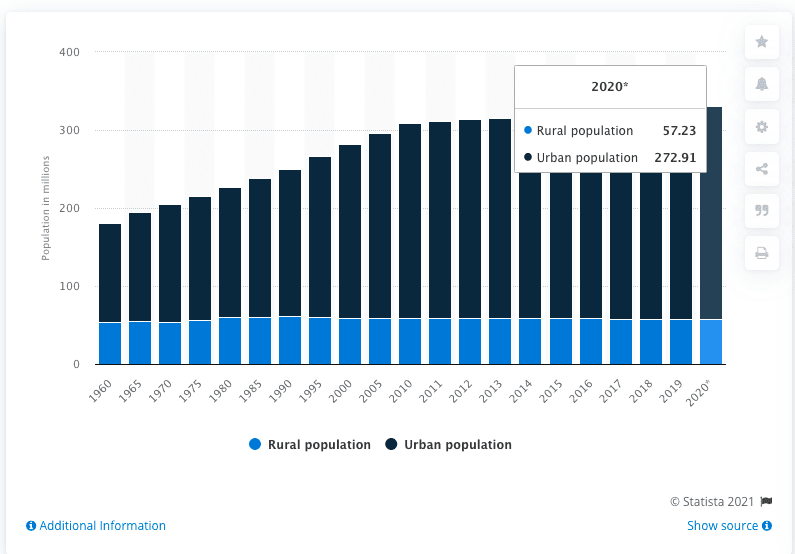Enable - thanks for speaking up for me. 27128, he summed it up for me pretty succinctly (I was off enjoying my long weekend and staying off the internet as much as possible). I don't think we should ignore innate differences - I think we should embrace them. I just don't think we should declare that the trends of the last several decades are positive indicators of what those differences are. Your question regarding dismissing innate differences...I don't see them in terms of math and science.
The state of mathematics education is the US is so awful it's hard to tell who's good at it and who would truly excel. The most brilliant mathematicians I've known have been women. Last I heard, a good friend from high school as a PhD in mathematics and is leading a team doing some sort of predictive modeling for the defense department. This is anecdotal, of course, but most of my limited experiences have busted a lot of those ideas. You mention several decades of encouragement to counter my point, but then you bring up colleges and employers. My whole point is that it's too late at that point. It has to start earlier. The kids who don't finish high school or graduate with terrible grades and no direction are already lost to that system's efforts.
I don't think inclusiveness and diversity is really a hot issue - with the exception of racists and sexists, I don't think anyone advocates actively excluding women and minorities from anything, and they're pretty rare (though some do have really big megaphones). I think the most contentious point is where the line is drawn. Do we declare it a victory when we pass laws saying you can't discriminate? Some people think so, and that's where most of the current resistance is coming from. We said you can't do it, and that's enough, so why all the ruckus? Or, do we declare victory when all of the social and economic barriers that were put in place over many decades or even centuries are removed? After all, we can no more pass legislation converting everyone in the country to a particular religion than we can pass legislation that makes everyone in the country accepting of women and color in the work place regardless of their qualifications.
27128 said:
Is the endgame of diversity to force there to be no underrepresented groups in any position?
Does the quest for diversity include careers that currently have a lot more females, such as nursing and child care?
Does it include all sports?
Does it include parameters other than sex and race? How about height in the NBA or size in the NFL?
Does it include making sure poor areas such as parts of the southeast and Appalachia equally represented in academia and in corporate board rooms?
I assume the answer to each of those is "no." In that case, are there valid criteria for selecting which fields get leveled?
1) No, but this feels like a reductio ad absurdum to me. Of course we're not going to create a statistically neutral world.
2) Sure. If more men want to work in those positions and feel they aren't be allowed to because they're men, they should speak up.
3)/4) If they can perform, I have no problem letting them play.
5) By this do you mean we should drive around and pick people from a hillside hovel to teach college courses and run businesses? No. But what we should do is make sure those places have the resources to encourage the children living there - and the adults if they're able - to learn something and do something that will improve their lot in life. Assuming, of course, they want to. I don't live far from there, and I've met a few folks up that way who are happy just as they are.
I never advocated leveling a field. I just want everyone to have genuine access to whichever one they choose to play on. If you read some of my earlier posts, I don't
like affirmative action. I think the goal is admirable, but the execution is terribly flawed. If AA gets somebody an interview that they wouldn't have received otherwise, that's great. But if they aren't the best candidate for the job, they shouldn't get it. So in some ways I agree with what I think WARose is really frustrated about - companies playing the quotas game and ending up with people in positions where they don't belong.

